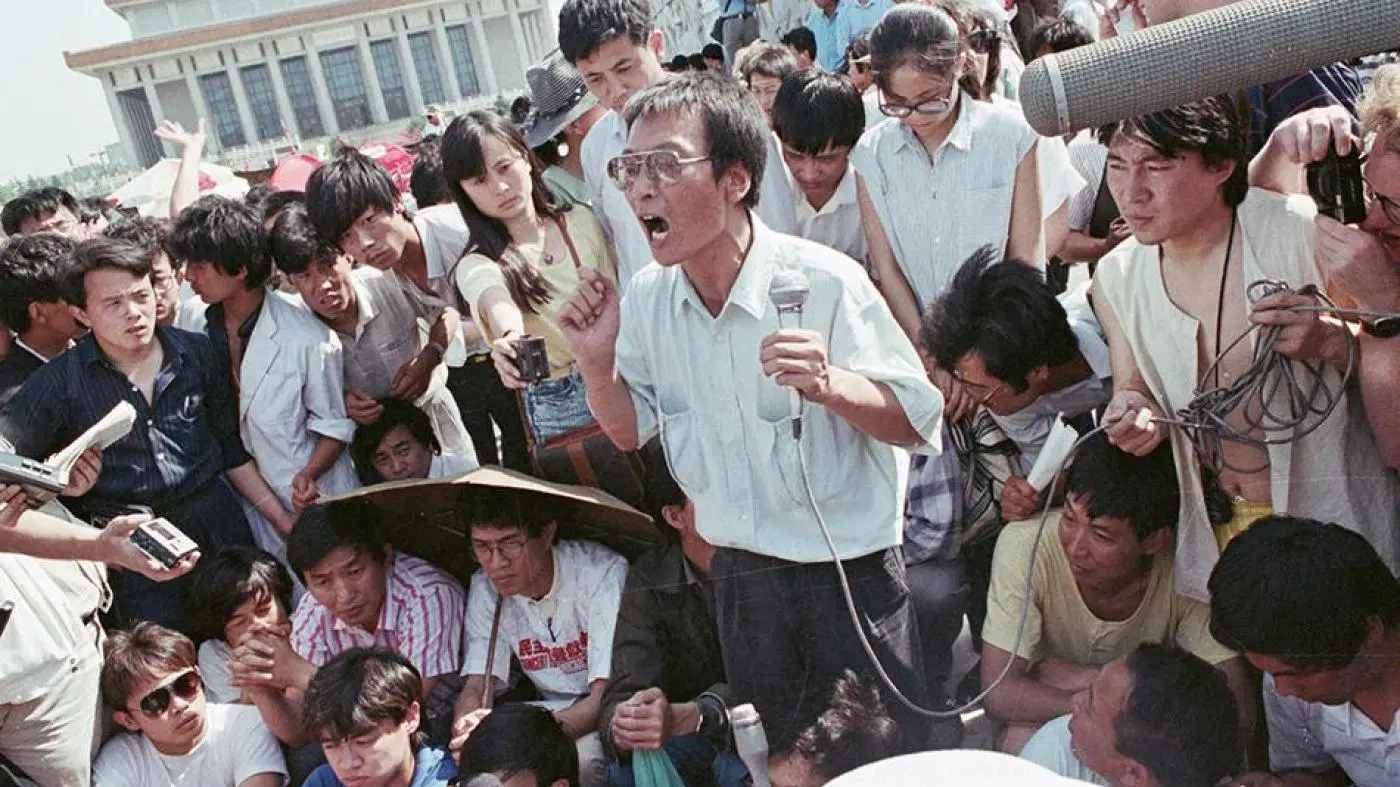India’s opportunity to counter China’s aggressive geopolitical moves
Gaurav Sharma
Gone are the days when warm, heart rendering “Hindi Chini Bhai Bhai” (Indian and Chinese are brothers) sloganeering roused the hearts of Indian statesmen and the common populace. The policy that India adopted to support China in its attempt to gain global prominence, like Prime Minister Jawaharlal Nehru’s support for China to be given a permanent seat on the United Nations Security Council in 1955 likely stemmed from the Nehru government’s desire to maintain peaceful relations with China and build an alliance with a large nation in India’s neighborhood. Little did the Indian politicians of the day realize that India’s support for Mao’s China was to have ramifications on India’s own national security five decades later.
Access Denied
The entire world conceding the land of Tibet to China in the 1950’s without retaliation was a major error that, in hindsight, provided China with a vast and mineral rich Tibetan plateau and prepared the grounds for recent conflicts between India and China in Ladakh and the North East. The region that was forcibly annexed by China holds nearly one fourth of the world’s glaciers and is a source of numerous mighty rivers such as the Brahmaputra, Mekong and the Indus – a fact that has long term consequences for India’s own water security.
The takeover of Tibet by China also had a severely detrimental impact on cultural exchange and the Buddhist faith. The free-flowing influx of Tibetan people into the Buddhist pilgrimage sights of Nalanda, Sarnath and Bodhgaya and the resultant intellectual exchange benefited the cultural traditions of both the countries. With the Chinese army blockading the Tibetan border and the Chinese Communist Party mounting a concerted campaign to wipe out the Tibetan Buddhist culture, such synergies were brought to a crushing end.
Meanwhile China has extended its policy of cultural repression beyond Tibet is now working to wipe out the diversity of culture and thought in Xinjiang, a Muslim majority region in the northwest and the democratically functioning region of Hong Kong.
Friend turned Foe
At the international level, China has ardently obstructed India from a permanent seat on the United Nations Security Council, blocked India’s place in the Nuclear Supplier Group and openly supported Pakistan in its removal from the Financial Action Task Force (FATF), a list of non-cooperative countries involved in money laundering and terrorist financing.
At the domestic front China has armed and funded various internal insurgencies in India, especially the Naxalite movement. China is also militarizing and building artificial islands in South China Sea that will threaten the freedom of navigation and trade for all nations, and especially India, as the strait of Malacca is key to more than 55 per cent of Indian trade. India has tried to counter these efforts mounted by China for dominance in the region through its Act East Policy and its emphasis on strengthening relations with ASEAN nations with limited success. Meanwhile, India faces increased threats from China’s growing influence in the Indian ocean region through its funding of projects in Bangladesh, Sri Lanka and Pakistan under the Belt and Road Initiative that will essentially surround India in a “string of pearls” that support Chinese interests.
Countering China
With China’s failure to report and prevent the spread of the deadly coronavirus disease across the world and Chinese diplomats turning into “Wolf Warriors” and threatening democratic nations across the world, there is growing consensus that Chinese expansionism poses a global geopolitical threat. This increased threat and China’s belligerence in Taiwan, Hong Kong and the Indian border has given rise to a new cross-party alliance of parliamentarians from 19 major democratic countries from around the world.
USA, Canada, France, Germany, Australia, Japan, UK, Switzerland, Belgium and 10 other nations now have representatives on this global platform named IPAC or the Inter-parliamentary alliance on China. The group has been formed as a recognition of the threat that China poses to democratic values around the world. Indian parliamentarians joining such a forum could provide the issues that China poses to the growth and development of India a global voice and could prove to be an effective counter to growing Chinese aggression in the region.
Joining an alliance like IPAC would signal India’s intention that it would no longer continue to play second fiddle to China in the way that it has historically, even though Chinese hostility has only recently caused the death of 20 Indian soldiers in the Galwan Valley region of Ladakh. It could also serve as a platform for India to build global consensus against China’s expansionism in the Indian Ocean and for raising concerns over Chinese dumping of cheap steel and electronics in India that has harmed our domestic manufacturing sector for the last few decades. As things stand today, India’s decision to refrain from voicing concerns over China’s hegemonic tendencies on international forums no longer serves to strengthen ties between the two nations. It must now be contingent on China to demonstrate its willingness to peacefully coexist with India and other nations around the world.
Bio: Gaurav is a Senior Research Fellow at Red Lantern Analytica, an international affairs observer group based out of New Delhi, India.













